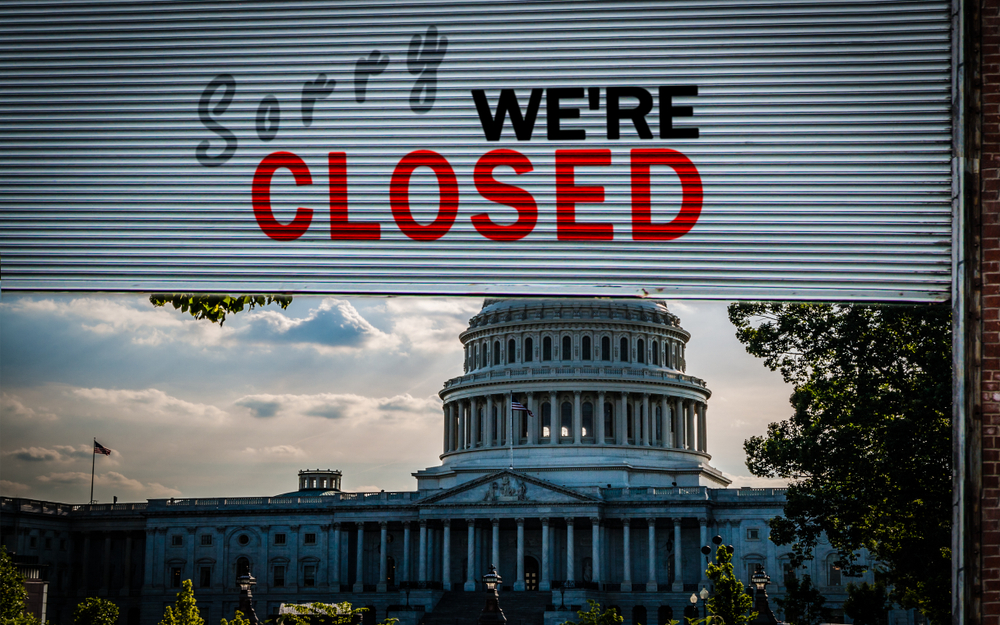Trump, Congress reach short-term accord to reopen U.S. government

Quick Take
- President Trump announces temporary end to U.S. government shutdown
- Agreement with Congress will re-open government until Feb. 15

President Donald Trump announced an agreement reached with congressional leaders that would temporarily open the U.S. government for three weeks.
"We have reached a deal to end the shutdown and reopen the federal government," the President said from the White House rose garden Friday.
Trump then thanked federal workers for showing "extraordinary devotion in the face of this hardship," and promised federal workers owed back pay will receive their missed paychecks "very quickly."
Trump praised the agreement as "An opportunity for all parties to work together for the benefit of our whole, beautiful, wonderful nation."
The government has been partially shut down since Dec. 22, the longest on record by a significant margin. The protracted shutdown has put considerable strain on government agencies from the TSA to the National Park Service to air traffic controllers as some 800,000 government workers have gone more than a month without a paycheck.
The shutdown has also affected the world of crypto, with the Securities and Exchange Commission (SEC) and Commodity Futures Trading Commission (CFTC) putting the brakes on launches and approvals of new cryptocurrency products and services.
This impacted Bakkt’s planned launch of its bitcoin futures market, which was delayed after the company was unable to obtain the necessary government approvals by the time the shutdown began, Coindesk reported.
The shutdown began over an impasse between Trump and Congress over his desire to build a border wall between the U.S. and Mexico, a cornerstone promise of his 2016 campaign for president. In December, Trump refused to sign legislation to fund the government that had been unanimously approved by the Senate, and has refused to sign any subsequent funding bill that didn’t include $5.7 billion for the wall.
The shutdown led to some sniping between the president and House Speaker Nancy Pelosi over the president’s annually scheduled State of the Union address. Pelosi, who as speaker has sole constitutional authority to invite the president to speak in the House chamber, sent Trump a letter suggesting they postpone his speech until after the shutdown is resolved. Shortly after, Trump sent the speaker a letter of his own, denying her use of military aircraft for a planned trip to Afghanistan.
Days later, Pelosi unequivocally told Trump that an invitation to deliver his State of the Union address in the House chamber would not be forthcoming until the shutdown ends, leading to Trump himself publicly acknowledging the speech originally planned for Jan. 29 would not be held as scheduled.
Trump said he had instructed Senate Majority Leader Mitch McConnell to bring the agreed upon bill to the floor of the Senate "immediately".
Image credit: Shutterstock/Ivan Marc
© 2023 The Block. All Rights Reserved. This article is provided for informational purposes only. It is not offered or intended to be used as legal, tax, investment, financial, or other advice.


